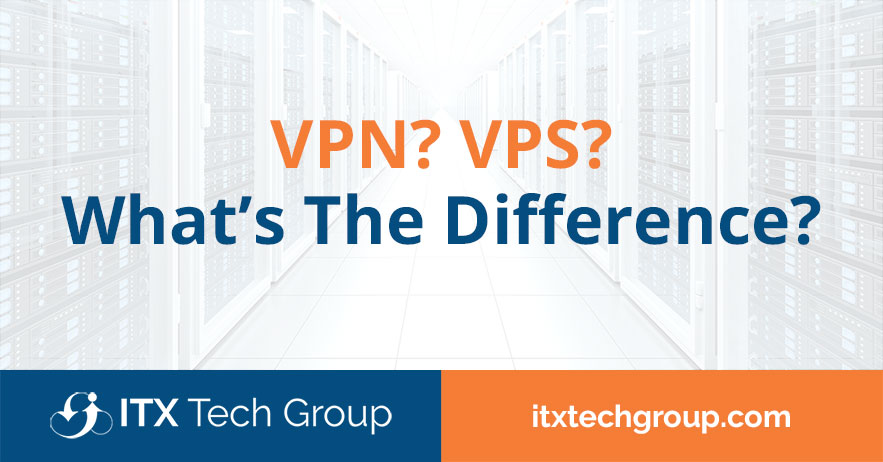Not a tech-oriented person but you’ve heard the terms VPN and VPS in the past? Don’t worry, you’re about to understand the differences between the two that’ll be easy enough for most people to understand.
Virtual private network (VPN) and virtual private server (VPS) are two entirely separate types of IT services, despite the fact that many people confuse them.
If you’re still unsure, read on to learn how a VPN and a VPS differ. We’ll go into more detail about what each of them is and how you may use them all to your advantage.
What is a VPS?
You can use virtualization services if you require a server to host a website or application but don’t actually want to buy one because they can be expensive. One of these is a virtual private server, or VPS.
In this manner, a physical server can be divided into four virtual servers, each of which can be used independently. For folks like you, renting a virtual server in this way is quite cost-effective.
Since four (or more) people can afford to pay for the physical server each month, it is profitable for the person who owns it.
No one else will be able to access any of the virtual servers in the cloud because they are all private.
As you can see, VPS has a lot of advantages. Smaller websites don’t require the expenditure of a sizable physical server. Two CPU cores and 2 GB of RAM can be all you require.
The amazing part is that you can upgrade your VPS to a larger one if (or when) your website expands. Easy-peasy!
What is a VPN?
A VPN is now an entirely different strategy. Users can securely access online resources thanks to a VPN, which builds a bridge over the internet. As you might expect, using a VPN has a lot of advantages.
You can gain access to resources that may be restricted or regulated in your nation (for example, Chinese citizens can use this method to access Facebook, Google, and other websites).
In addition, organizations use VPNs to protect their remote workers from viruses, hackers, and other cyberthreats by enabling safe access to their network and resources.
VPNs provide anonymity to all users who may require it, whether for personal or professional reasons.
Netflix is yet another scenario in which a VPN is utilized. You can use a VPN to view the content that is made available to Americans or Japanese customers because Netflix users can access different content depending on where they are located.
If you use an American VPN while in Europe, Netflix will believe you are in America and display American material. Voila!!
The Bottom Line
Although the same moniker may cause confusion, VPNs and VPSs are entirely separate types of software. But they can cooperate!
To get your own VPN, you might hire a VPS and install VPN software on it. Sounds difficult? Actually, it’s not.
Of course, it’s a whole lot easier to hire someone to do this for you. That’s where Managed IT services come in. Connect with us to see how we can help you with your business technology needs.

